This year’s symposium will include two workshops:
Spinning out Scientific Research
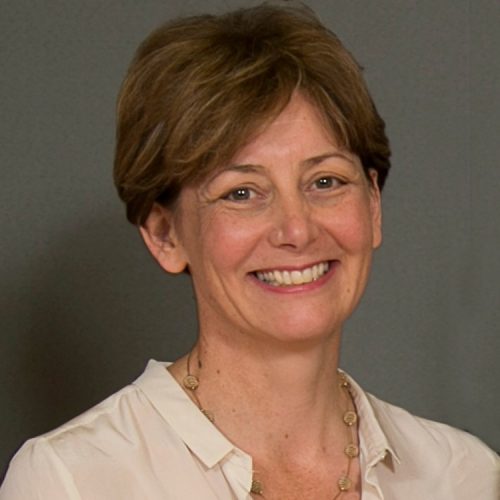
Dr. Catherine Prescott
Dr. Catherine Prescott has over 20 years of experience spanning research, management and business in the life sciences and venture capital sectors. She is the founder director of Biolatris Ltd. senior non-executive director of SkinBioTherapeutics plc, chair of Microsol Ltd and mentor to the MSt in Entrepreneurship [University of Cambridge]. As a visiting professor at KCL, Cathy co-founded the MSc course ‘Stem cells and regenerative therapies: from bench to market’ teaching a broad range of aspects relating to the commercialisation of advanced therapies. Cathy is widely recognized for her leadership in translating scientific discoveries into commercial ventures and for her advisory roles across academia and industry.
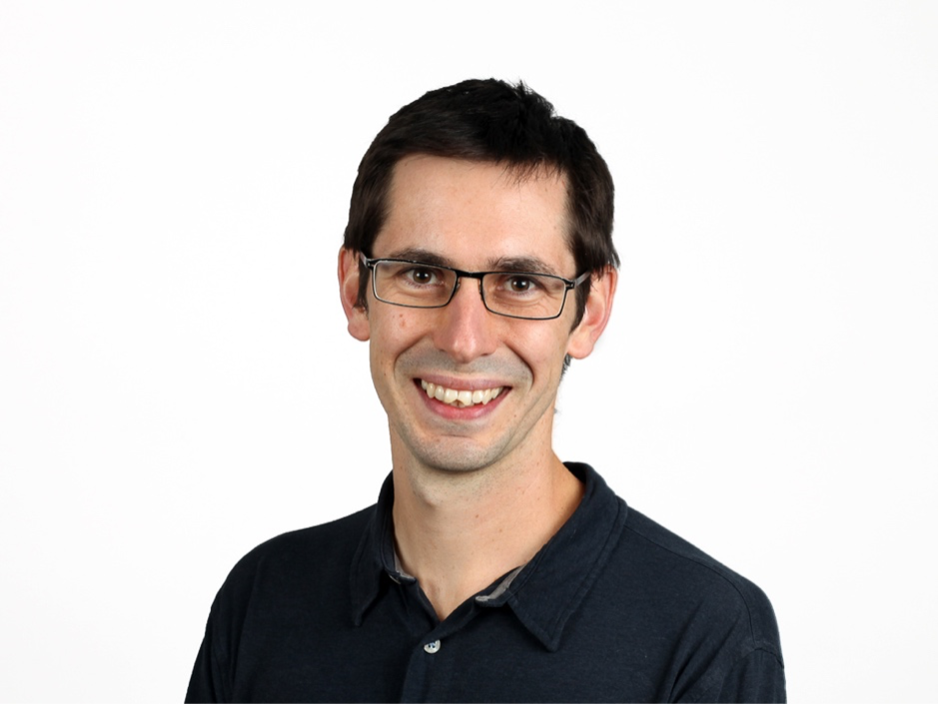
Dr. Will McEwan
Dr. Will McEwan has built his career at the intersection of immunology and neurodegeneration and is currently a Group Leader at the UK Dementia Research Institute at Cambridge. He trained as a viral immunologist and co-discovered the antibody receptor TRIM21 during his postdoctoral work at the MRC Laboratory of Molecular Biology. His research focuses on harnessing the cell’s intrinsic immune pathways to clear protein aggregates such as tau, which are implicated in neurodegenerative diseases. Most recently, Will co-founded TRIMTECH Therapeutics, a Cambridge-based biotech developing targeted protein degradation therapies for neurodegenerative and inflammatory disorders. In March 2025, TRIMTECH raised $31 million in seed funding to advance its pipeline of aggregate-selective degrader molecules, based on the TRIM21 mechanism, toward clinical applications.
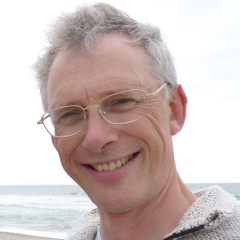
Dr. Chris Tate FRS
Dr. Chris Tate is a membrane protein biochemist at the MRC Laboratory of Molecular Biology who pioneered the use of conformational thermostabilisation for the structure determination of G protein-coupled receptors (GPCRs). This groundbreaking technology formed the foundation for Heptares Therapeutics, which Chris co-founded in 2007. The company, now known as Nxera Pharma, employs 360 people worldwide, including 170 people at Granta park, and has multiple potential new drugs in clinical trials. Chris’s work has revolutionized our understanding of GPCRs, the largest family of cell surface receptors in humans and targets for approximately 25% of all marketed drugs. He was elected a Fellow of the Royal Society in 2021 in recognition of his contributions to structural biology and drug discovery.
From margins to centre: the role of diversity in science and beyond
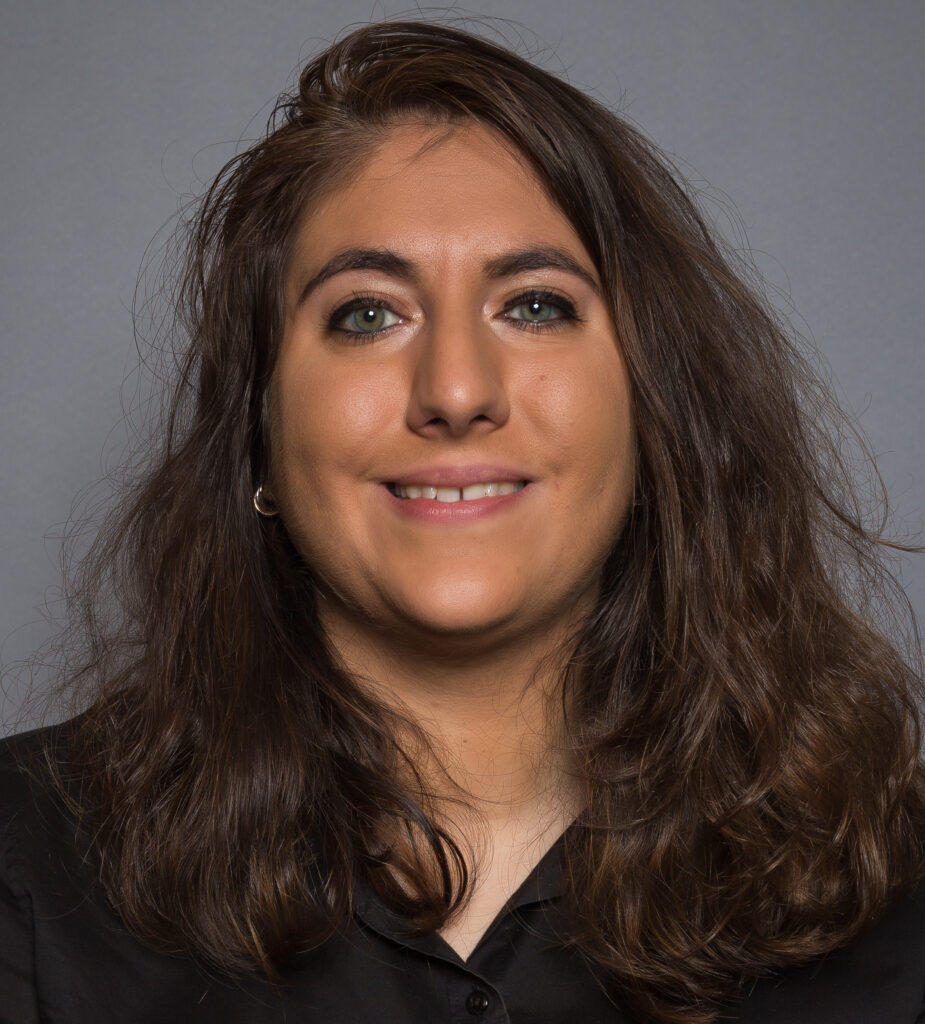
Dr Joy Bianchi
Dr. Joy Bianchi is a Diversity, Equity and Inclusion (DEI) Policy & Advocacy Officer with over a decade of experience in research, committed to advancing inclusive and supportive environments in science. She earned her PhD in cancer biology from Institut Pasteur and completed her postdoctoral fellowship at NYU Grossman School of Medicine (NYUGSOM), where she co-founded the Postdoctoral Council and led key career development and community-building initiatives. She also started the first Science Policy & Diplomacy group of NYUGSOM and served as its Science Diplomacy Chair. In 2023, she became a Science Diplomacy Fellow with the National Science Policy Network and studied the French scientific diaspora in the United States (US) with EURAXESS North America, publishing policy recommendations for the US, France, and the European Unon. At Institut Pasteur, Dr. Bianchi now coordinates institutional DEI policies and advocacy initiatives and provides personalized career support to researchers at all stages. Her international experience and leadership in advocacy reflect a deep commitment to equity, global engagement, and systemic change in science.
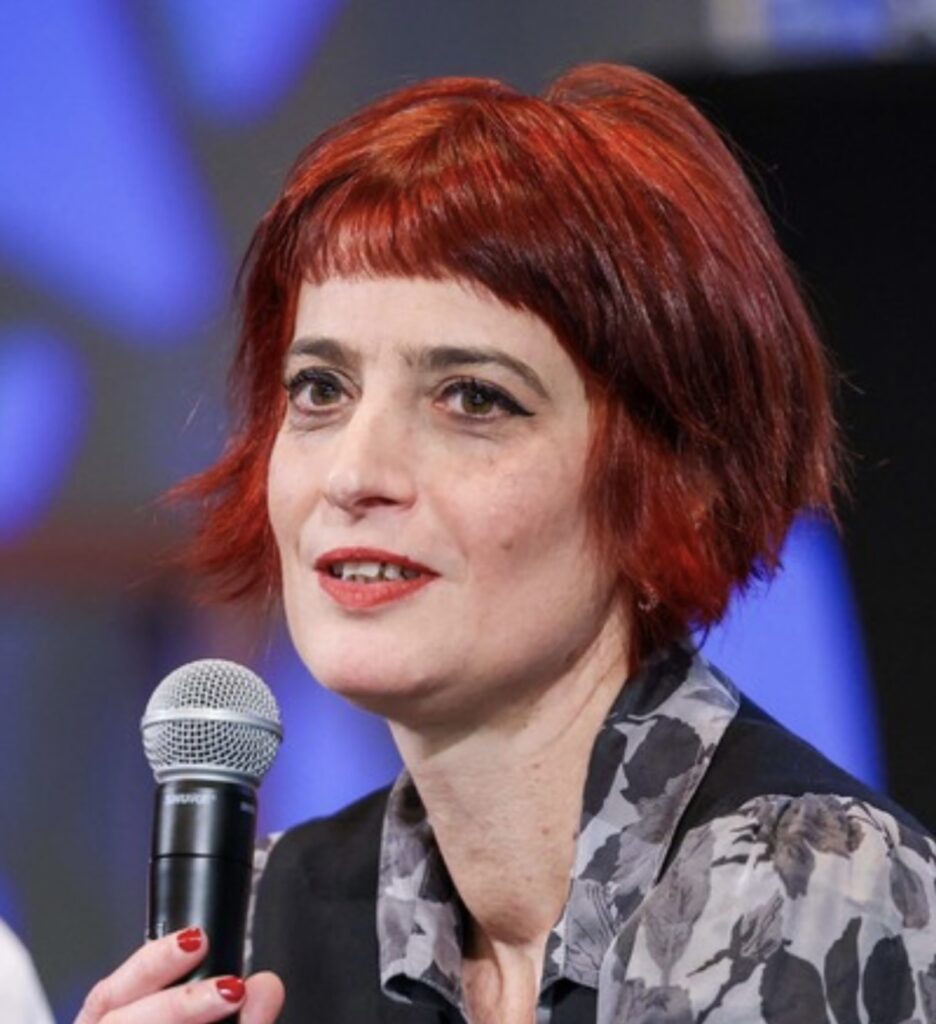
Mariana Mesel-Lemoine
Mariana Mesel-Lemoine is the Vice President for Diversity, Equity, and Inclusion at the Institut Pasteur. A scientist by training, she holds a PhD in immunology and began her career at the Oswaldo Cruz Foundation in Brazil before continuing her scientific path in France. Her journey is rooted in values shaped by her parents’ resistance during Brazil’s military dictatorship, principles of justice, equality, and individual dignity. These convictions have guided her commitment to creating institutional environments where everyone can grow, be heard, and fully contribute. In 2014, she created CARE, a pioneering career development service designed to support scientists throughout their professional journey. CARE tackles critical challenges in the research ecosystem, including career uncertainty, systemic barriers to advancement, lack of academic mentorship, and the disproportionate attrition of women and minorities from research careers. It empowers individuals to explore diverse, meaningful career paths aligned with both their goals and values. Her cross-functional approach led to major institutional milestones, such as the HRS4R award in 2021 and the Institut Pasteur’s Gender Equality Plan in 2022. These achievements paved the way for the creation of the DEI Department in 2024, a historic first in France’s research landscape. Today, Mariana leads a broad cultural and organizational transformation. By aligning career development, inclusive leadership, and equity-driven policies, she champions a vision of scientific excellence that values diversity of paths, perspectives, and contributions. Her mission is to build an ecosystem where every voice counts, where difference is a source of strength, and where the full richness of the Pasteurian community drives the future of science and society.


